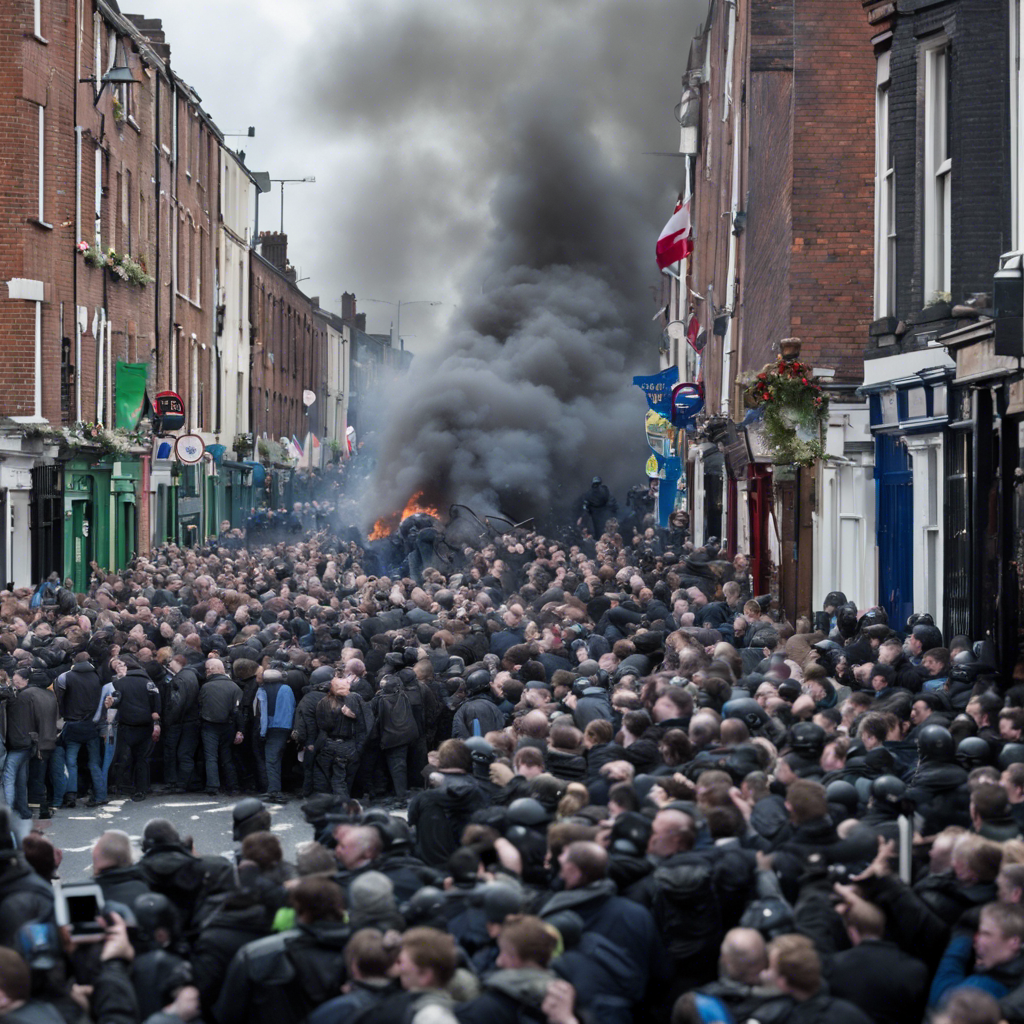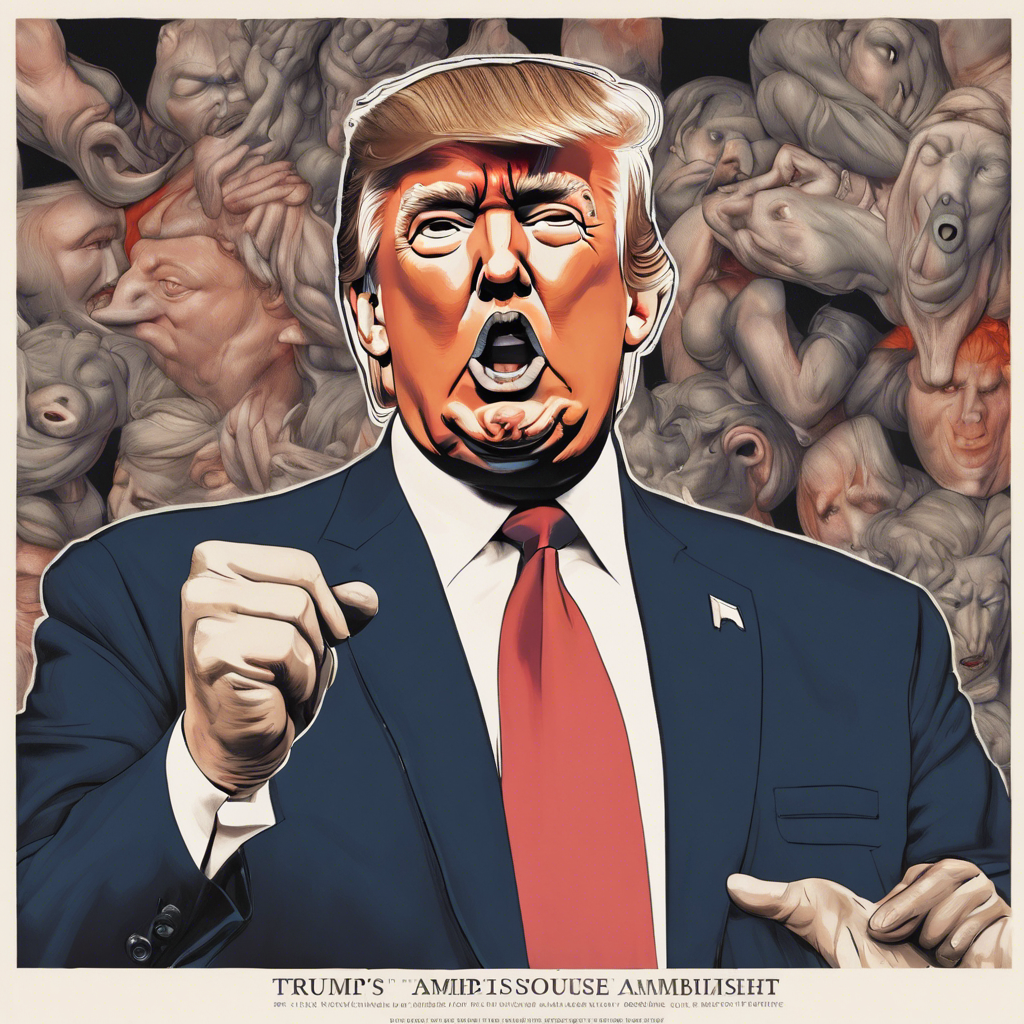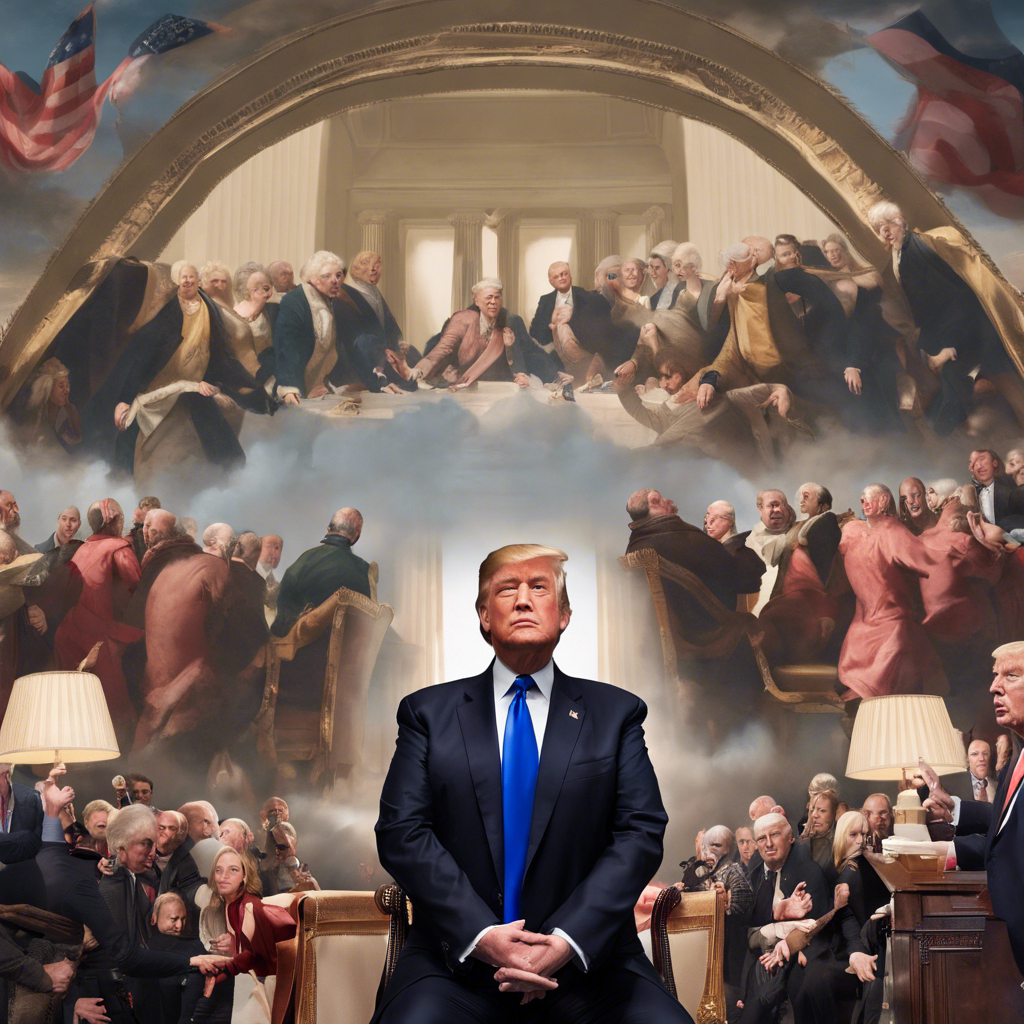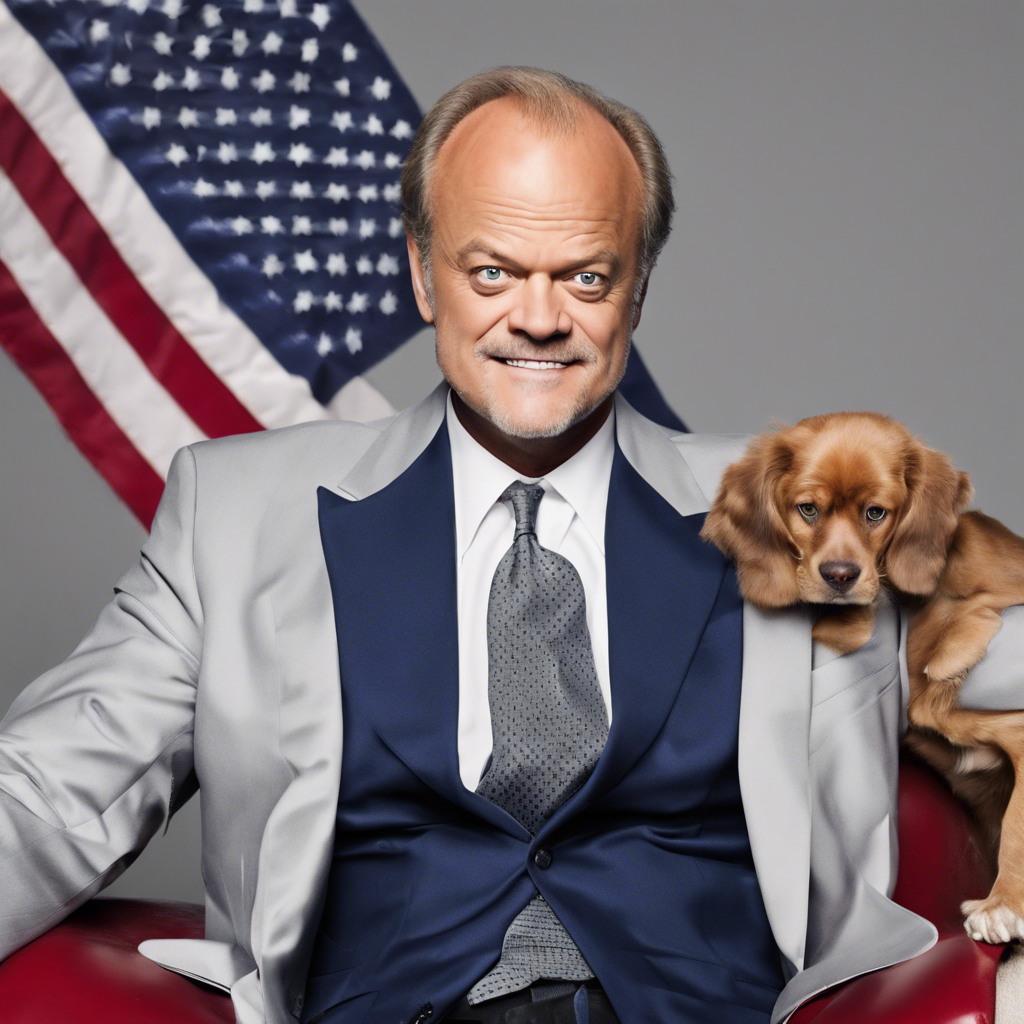Dublin’s Riots: A Reflection of European Political Tensions

Unprecedented Violence Erupts in Dublin, Sparking Concerns about Far-Right Movements
Dublin, the capital city of Ireland, was engulfed in chaos and violence as rioters set fire to buses, police vehicles, and damaged numerous storefronts. The unrest, which unfolded following a knife attack that left several people injured, shocked the nation. Irish officials have attributed the violence to a “lunatic hooligan faction driven by far-right ideology.” The events in Dublin raise questions about the rise of far-right movements in Europe and the potential implications for the region’s political landscape.
Scenes of Unprecedented Violence
The scenes that unfolded in Dublin were unprecedented in recent history. Fires raged on multiple vehicles, including a city tram, while firefighters were attacked by large crowds of rioters. The response from law enforcement was swift, with hundreds of police officers deployed to restore order. The intensity and scale of the violence surprised many residents, as the unrest spread throughout the city center, causing extensive damage to property. The cost of the destruction is estimated to be in the tens of millions of dollars.
Far-Right Groups Blamed
Senior officials have pointed to far-right groups as the instigators of the violence. This incident has shed light on the emerging threat of far-right movements in Ireland. Following the knife attack, members of these groups reportedly communicated through encrypted apps, such as WhatsApp and Telegram, to organize a protest at the scene. Police estimate that at its peak, around 500 individuals were involved in the rioting, highlighting the concerning reach and influence of far-right ideologies.
Political Response and Calls for Action
In response to the violence, Irish Prime Minister Leo Varadkar convened a Cabinet meeting to address the situation. Varadkar expressed support for the police’s handling of the riots but emphasized the need for updated powers to tackle online activity that incites violence. He condemned the actions of the rioters, stating that they had brought shame upon their families and the country. Other political leaders echoed Varadkar’s sentiments, emphasizing the importance of protecting Ireland’s inclusive and tolerant society. However, the largest political opposition party, Sinn Fein, has called for the resignation of the police chief and the justice minister.
Far-Right on the Rise in Europe
The events in Dublin reflect a broader trend of an emboldened far-right in Europe. While far-right movements have been gaining traction in countries like Germany, France, Italy, and Spain over the past decade, Ireland has largely remained unaffected. However, recent months have seen an increase in public protests by far-right groups in Ireland, particularly in opposition to migration. The European continent is grappling with complex issues surrounding international migration, and far-right parties have capitalized on these concerns, gaining political influence in some countries.
Unique Political Landscape in Ireland
Unlike other European countries, Ireland does not have any far-right populist parties with an anti-immigration platform. The country’s political landscape is multifaceted, and all political leaders have unequivocally condemned the violence witnessed in Dublin. However, the events serve as a stark reminder that no nation is immune to the challenges posed by far-right movements, and Ireland must remain vigilant to protect its inclusive and tolerant society.
Conclusion:
The riots in Dublin have exposed the growing influence of far-right ideologies in Europe. While Ireland has largely been spared from the rise of far-right movements, the events in Dublin serve as a wake-up call. The response from political leaders and the demand for stronger measures against online incitement highlight the need to address the root causes of extremism. As Europe grapples with the complexities of migration and identity, it is crucial to foster dialogue and understanding to ensure the preservation of inclusive and tolerant societies.










